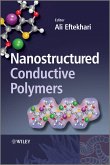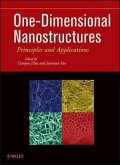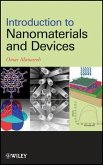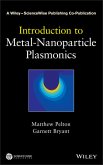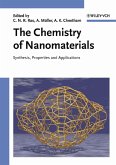Infochemistry: Information Processing at the Nanoscale, defines a new field of science, and describes the processes, systems and devices at the interface between chemistry and information sciences. The book is devoted to the application of molecular species and nanostructures to advanced information processing. It includes the design and synthesis of suitable materials and nanostructures, their characterization, and finally applications of molecular species and nanostructures for information storage and processing purposes. Divided into twelve chapters; the first three chapters serve as an introduction to the basic concepts of digital information processing, its development, limitations and finally introduces some alternative concepts for prospective technologies. Chapters four and five discuss traditional low-dimensional metals and semiconductors and carbon nanostructures respectively, while further chapters discuss Photoelectrochemical photocurrent switching and related phenomena and self-organization and self-assembly. Chapters eight, nine and ten discuss information processing at the molecular level, and eleven describes information processing in natural systems. The book concludes with a discussion of the future prospects for the field. Further topics: * Traditional electronic device development is rapidly approaching a limit, so molecular scale information processing is critical in order to meet increasing demand for high computational power * Characterizes chemical systems not according to their chemical nature, but according to their role as prospective information technology elements * Covers the application of molecular species and nanostructures as molecular scale logic gates, switches, memories, and complex computing devices This book will be of particular interest to researchers in nanoelectronics, organic electronics, optoelectronics, chemistry and materials science.
Dieser Download kann aus rechtlichen Gründen nur mit Rechnungsadresse in A, B, BG, CY, CZ, D, DK, EW, E, FIN, F, GR, HR, H, IRL, I, LT, L, LR, M, NL, PL, P, R, S, SLO, SK ausgeliefert werden.




